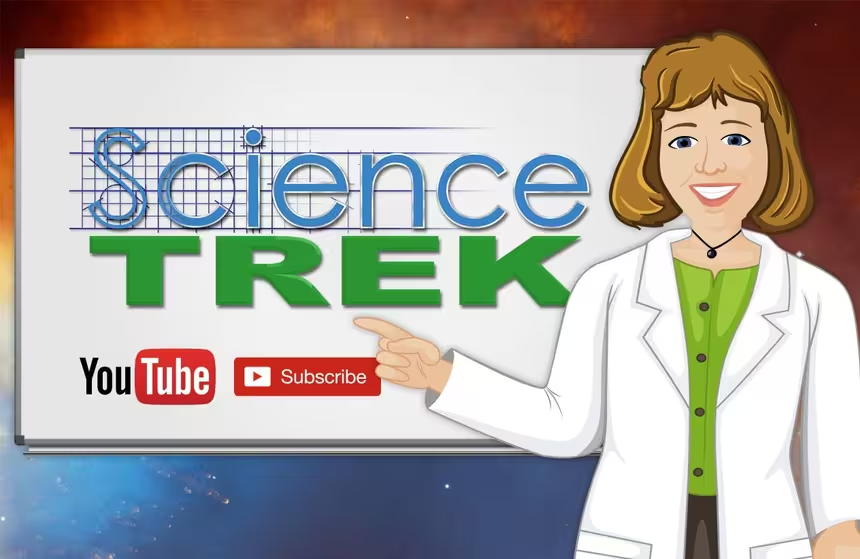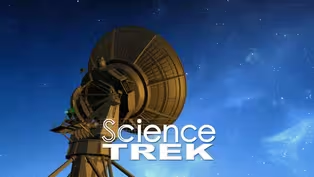
Exoplanets: Planet or Exoplanet?
Clip: Special | 1m 4sVideo has Closed Captions
What is the definition of a planet?
Scientists have argued for years over the definition of a “planet.” They have also found exoplanets with very unusual atmospheres, include some that rain glass or rubies.
Problems playing video? | Closed Captioning Feedback
Problems playing video? | Closed Captioning Feedback
Science Trek is a local public television program presented by IdahoPTV
Major Funding by the Laura Moore Cunningham Foundation and the Idaho National Laboratory. Additional Funding by Sparklight, the Friends of Idaho Public Television and the Corporation for Public Broadcasting.

Exoplanets: Planet or Exoplanet?
Clip: Special | 1m 4sVideo has Closed Captions
Scientists have argued for years over the definition of a “planet.” They have also found exoplanets with very unusual atmospheres, include some that rain glass or rubies.
Problems playing video? | Closed Captioning Feedback
How to Watch Science Trek
Science Trek is available to stream on pbs.org and the free PBS App, available on iPhone, Apple TV, Android TV, Android smartphones, Amazon Fire TV, Amazon Fire Tablet, Roku, Samsung Smart TV, and Vizio.

Science Trek
Science Trek is a place where parents, kids, and educators can watch short, educational videos on a variety of science topics. Every Monday Science Trek releases a new video that introduces children to math, science, technology, engineering, and math (STEM) career potentials in a fun, informative way.(SCIENCE TREK MUSIC) JOAN CARTAN-HANSEN, HOST: To understand more about exoplanets, you first should know what a planet is.
You would think this is an easy question to answer, but it isn't.
Scientists have been arguing about this for years.
The current definition of a planet is: A body or object that orbits a star and not a different planet.
It must be big enough to have enough gravity to force it into a spherical shape and it must be big enough that its gravity has cleared away any other objects of a similar size near its orbit.
Everything else in our solar system except satellites are called small solar system bodies.
Our solar system has 8 planets.
Dwarf planets like Pluto, dozens of moons and millions of asteroids, comets and meteoroids.
Now an exoplanet is any planet beyond our solar system.
Most are tied to other stars but there are free-floating or rogue exoplanets.
We've learned some exoplanets are a bit weird.
Some are entirely covered by water, some are covered by oceans of lava, and some may have atmospheres that rain rubies or glass.
For more information about exoplanets, check out the Science Trek website.
You'll find it at ScienceTrek.org.
Exoplanets: Using the Right Tools
Video has Closed Captions
Clip: Special | 1m 4s | What does the TESS satellite look for in its search for exoplanets? (1m 4s)
Providing Support for PBS.org
Learn Moreabout PBS online sponsorship
- Science and Nature

Explore scientific discoveries on television's most acclaimed science documentary series.

- Science and Nature

Capturing the splendor of the natural world, from the African plains to the Antarctic ice.












Support for PBS provided by:
Science Trek is a local public television program presented by IdahoPTV
Major Funding by the Laura Moore Cunningham Foundation and the Idaho National Laboratory. Additional Funding by Sparklight, the Friends of Idaho Public Television and the Corporation for Public Broadcasting.
